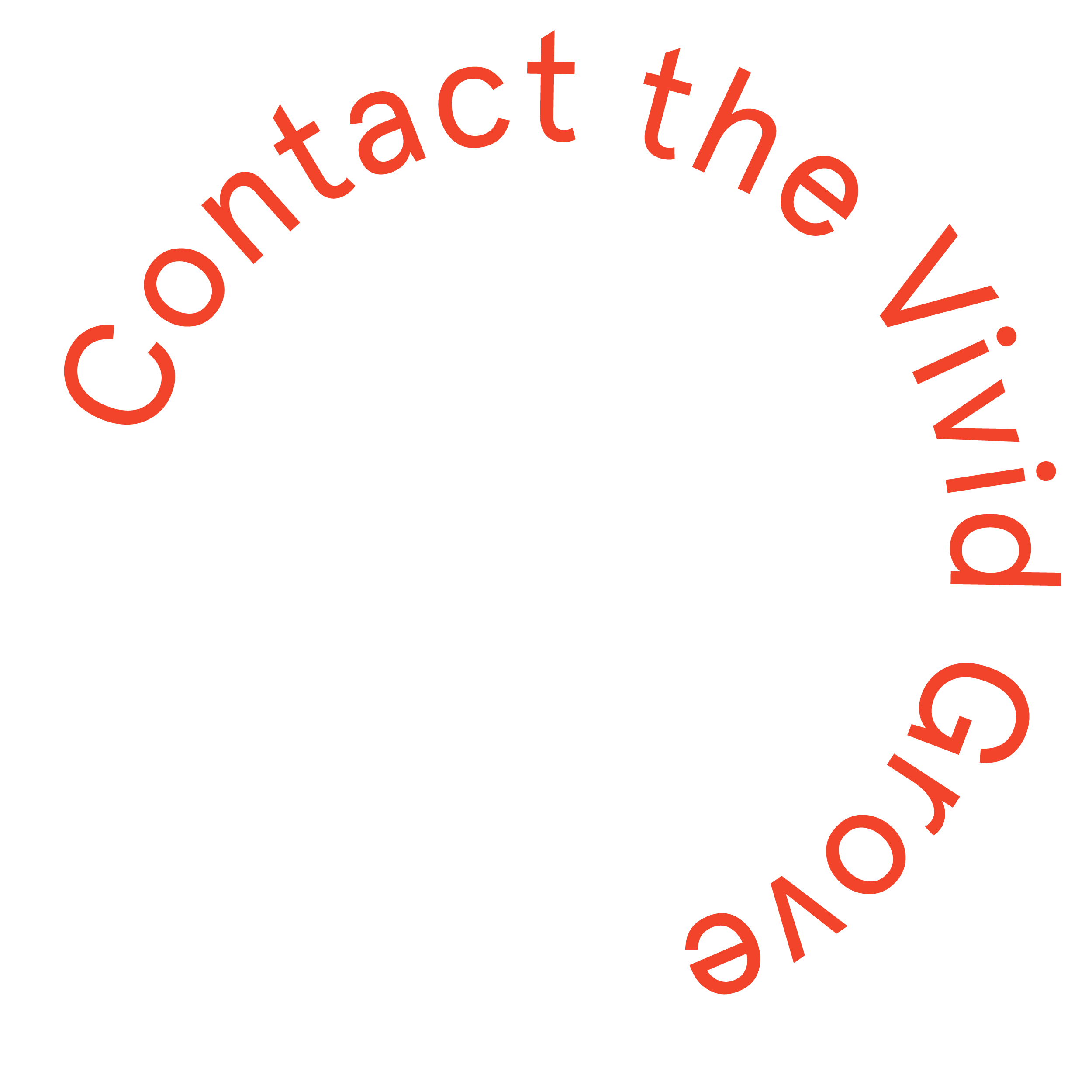Equity, Inclusion, and Racial Justice Statement
2019
The embodied experience is a social and cultural one, and the vivid grove is dedicated to collective liberation and cultural justice as is possible.
An embodied and engaged life is the foundation and source of collective liberation. Each person deserves to live with safety, dignity, pleasure, and access resources for their health, well-being, and creative unfolding. Collective liberation, as praxis, holds our own freedom accountable alongside all people’s freedom.
The vivid grove is committed to creating equitable contexts for all its programs, participants, and potential partakers. Margit’s personal and shared vision through the vivid grove is in dedication to models of inquiry that empower and give agency to all participants, and Margit is dedicated to continue growing in their role as facilitator. They are committed to addressing and dismantling imperialist heteropatriarchal ableist supremacies however possible.
Living on Unceded Ancestral Ohlone Land, margit offers all workshops in so-called East Bay at no cost for Ohlone people and all people native to the Amerikas who would like to practice.
The following are some of the commitments of equality, inclusion, and racial justice in the vivid grove:
To offer equitable opportunities and access through programs such as the Racial Justice Fellowship
- To commit to right relationship with place and the land, in alignment with decolonizing practices, beginning with acknowledging the indigenous land and peoples wherever possible in vivid grove activities
- To provide financial arrangements that include sliding scale, low-cost workshops, fellowship, scholarship, and work-trade options whenever possible
- To facilitate and share facilitation in ways that offers agency to participant
- To provide accessibility at all events where possible
- To experiment with leadership methods and collectivity
- To practice racial justice, investigating institutionalized oppression, invisible whiteness, how privileged people take up space, and to address and shift the power dynamics when they are understood with fairness and care
- To develop systematic change - bodily, ecologically, structurally - rather than attending to how things look, or solely to representation.
- To continue to learn about critical studies and to investigate personal biases
- To bring awareness to cultural concerns in content and structure, in relation to lineage, cultural appropriation, and invisible power structures
- To be in dialogue, to practice vulnerability and connectedness, to be open to exchange and to change
- To create environments where people can practice and grow in not-knowing together
More thoughts:
Through engaged, embodied practice, we can catalyze the world we seek to experience. As the instigator of the vivid grove, Margit supports the creation of vibrant and exuberant spaces that enrich understanding of the self as a member of our nature culture, in a village sense and is committed to sharing conscious practices that shift systems of oppression; facilitating life-affirming movement; inviting creative prefigurations, aka new worlds based on what we seek to create; working out what it means to be living under this regime in a supremacist society with creative alternative structures; acknowledging how racial and other cultural privileges effect these intentions; and explicitly furthering these understandings as the basis for the studies in the vivid grove.
There are some curious paradoxes of embodiment. Our body-being has tremendous potential as the site for growth and awareness through movement, and yet our body-beings are simultaneously the place and processes through which we filter and experience systemic oppression, where invisible privileges rule access, and where a sense of freedom can sometimes divert people from actual cultural transformation. Embodiment is a birthright, yet many somatic practices are accessible only to entitled populations, carry implicit biases, and recapitulate cultural trauma, even in their attempts to shift the nature of action in the world. Unconscious racism can cloud the possibility for sane, multiracial contexts, even in attempts at inclusive space.
How can we utilize our sensations and movements as an attuning source for conversation between what we experience within and the richness of contexts where we are?
How can embodied art practice have a role in dismantling systems of oppression?
How can we access our vibratory, transformational potentials without the limitations that judging these kind of terms enacts?
How do we grow together?
Our physicality can give us the tools to be engaged cultural agents in the world.
Please Note: this statement is informed by many, many sources. The intent to make this statement came directly out of the conversations on Dance Around Race in the Bay Area, organized by Gerald Casel 2018 - 2019, and I first was introduced to the term “collective liberation” through Catalyst Project.
